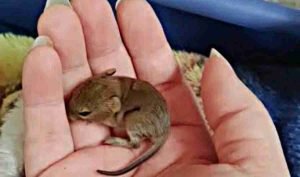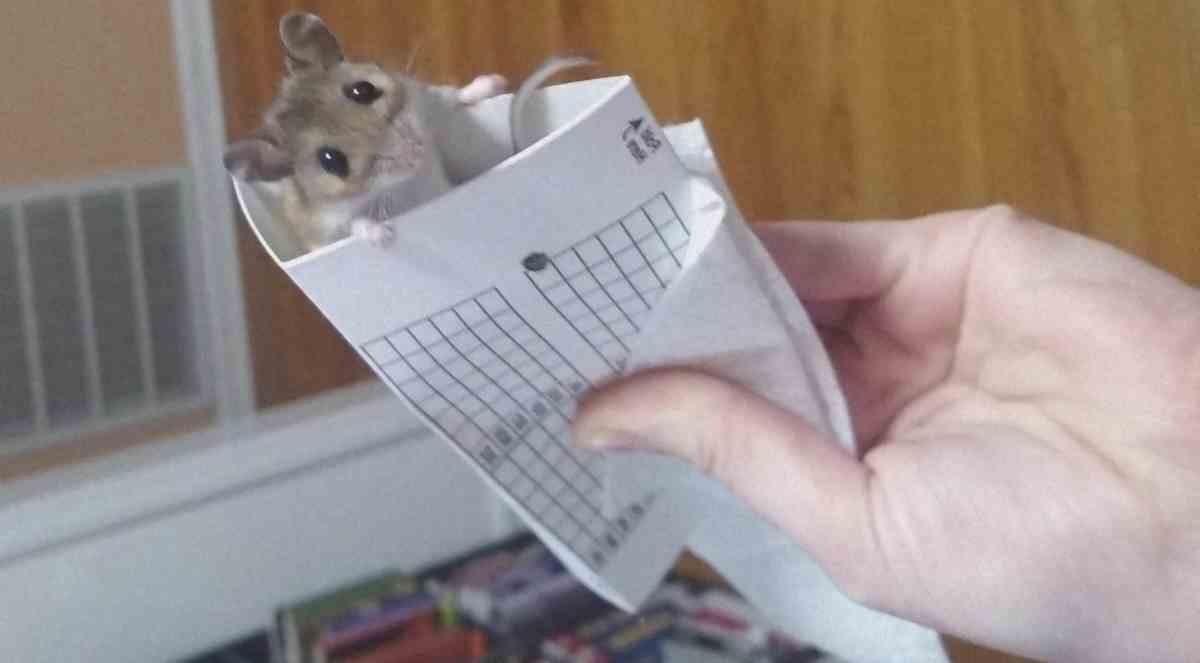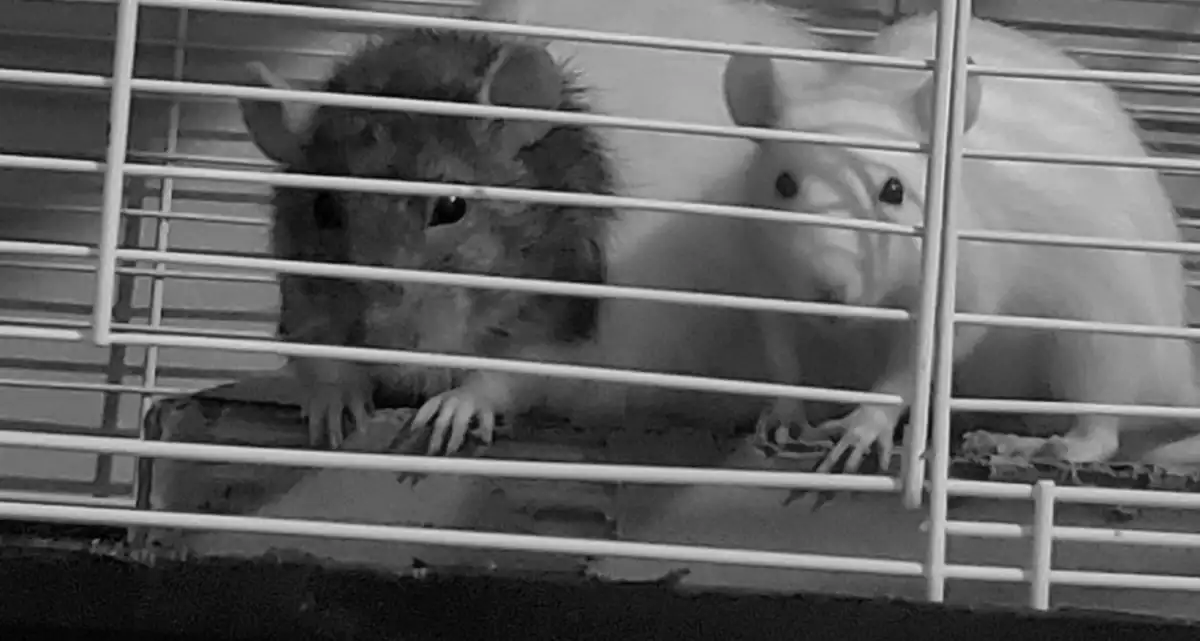I accidentally touched a dead mouse, any precautions to take? Well, it’s only a bit of a mishap if you came across a little dead mouse and accidentally touched it with my bare hands. Understandably, you could be feeling a bit uneasy and not sure what to do. Dead mice can carry all sorts of bacteria and pathogens, and you might be exposed to diseases. Not to worry: it isn’t as serious as it appears. However, make sure you immediately wash your hands with soap and water.
I accidentally touched a dead mouse

If you have accidentally touched a dead mouse, you want to take some precautions to protect yourself and the people around you. First of all, wash your hands thoroughly with soap and water immediately (you’ve probably done this already, if so, good). Washing your hands helps to remove any potential bacteria or pathogens that may be present on the mouse’s body.
Moreover, if you saw mouse droppings, they may contain Hantavirus (HPS) and Leptospirosis bacteria, which can be contracted when someone comes in contact with an infected mouse. Note that the type of disease also varies by your location.
If after the experience, you notice any flu-like symptoms like fever, muscle aches, fatigue, diarrhea, and coughing, seek medical attention.
If you keep seeing mice racing around your property, consider calling a pest control professional or your local authorities to have them removed safely. Do not hesitate to seek attention from a medical professional if you feel unwell and concerned.
Can you get a disease from touching a dead mouse?
You can get a disease from touching a dead mouse or even handling its droppings or urine. Some of the most common diseases that can be contracted from mice include Hantavirus, Leptospirosis, and Salmonella.
Per Mayo Clinic, Hantavirus pulmonary syndrome is a rare infectious disease that starts with flu-like symptoms and then progresses rapidly to more severe disease. It is a serious respiratory disease that can be contracted by inhaling dust that has been contaminated with mouse droppings or urine. Symptoms of Hantavirus include fever, muscle aches, fatigue, and coughing, according to the Centers for Disease Control and Prevention (CDC).
Leptospirosis, on the other hand, is a bacterial disease on can contract by coming into contact with mouse urine. Symptoms of Leptospirosis listed by the CDC include:
- High fever
- Headache
- Chills
- Muscle aches
- Vomiting
- Jaundice (yellow skin and eyes)
- Red eyes
- Abdominal pain
- Diarrhea
- Rash
Salmonella, however, is contracted if you eat food contaminated with mouse droppings. Symptoms of Salmonella include diarrhea, fever, and abdominal cramps, per the CDC.
So, the above are just some of the diseases you can get from touching mice. As mentioned earlier, there are others peculiar to different locations.
My child touched a dead mouse
If your child has touched a dead mouse, it’s advisable to take some precautions to protect their health as soon as possible. The first thing you want to do is to make sure that the child washes their hands thoroughly with soap and water for at least 20 seconds. If the dead mouse was found inside or near your home, the next step is to clean the area with a disinfectant solution.
Hantavirus, Leptospirosis, and Salmonella in mice are diseases you want to make sure your child is not infected with. Monitor the child, if he/she shows signs of illness or if you are concerned, seek medical attention and contact the pediatrician for advice. The professional may advise for additional tests or treatments following the symptoms of your child. Overall, nothing to fear, as long as you’ve had your child wash their hands thoroughly.
Cleaning the area
Having known what to do after accidentally handling a mouse, you want to clean the area thoroughly to get rid of the potential spread of mice-borne diseases. For this procedure, you need gloves (plastic or rubber) and a face mask to protect yourself from any potential inhalation hazards.
a. Ventilate the area
If you found the dead mouse indoors, you need to ventilate the area by leaving the windows and doors open for at least 15 minutes.
b. Apply disinfectant
The next step is to spray the area with a disinfectant solution such as ones with chlorine bleach or hydrogen peroxide. Be sure to follow the manufacturer’s instructions for use. Vinegar is not effective, so it’s not recommended for use as a disinfectant.
c. Pick the dead mouse
Allow the cleaner to sit for the recommended amount of time. Pick the mouse and any surrounding droppings or urine (with your gloves on). Place the dead rodent in a sealed bag and dispose of it in the trashcan.
d. Scrub the area
Scrub the area with a stiff brush to remove any remaining droppings or urine. Make sure to wipe down with a damp cloth or mop to remove any remaining cleaner or debris. Do not vacuum or sweep to avoid inhaling possibly infected dust particles.
Dispose of any contaminated materials, including gloves and cleaning supplies, in a sealed plastic bag when done.
e. Wash your hands
Finally, wash your hands thoroughly with soap and warm water after cleaning the affected area.
Keep mice out permanently
To avoid this uncomfortable experience in the future, consider putting things in place to keep the mice at bay. Do the following:
1. Caulk the entries
To prevent infestations, the first step is to close off all potential entry points for mice, they are known to be very agile and can squeeze through holes the size of a dime. Caulking is an effective solution to seal all cracks in the foundation and joints of pipes. Additionally, installing wire mesh screens can also block entry points.
2. Cover your food and dispose of food waste
Mice enter homes for two main reasons: to search for food and to seek a warm and comfortable place to shelter from cold temperatures. To deter these critters from being attracted to the food in your home, it is important to maintain a clean kitchen, store dry goods in metal or glass containers, and avoid leaving garbage or food waste on your balcony, behind your stove, or in open cereal boxes in your cupboards.
3. Use airtight trashcans only
Garbage cans without proper lids near your house or garage can become a magnet for pests like mice. To deter these critters, secure the lids with straps or heavy rocks. Additionally, positioning the cans several meters away from your home and elevating them slightly off the ground can also aid in pest prevention.
4. Use a natural repellent
Mice have poor vision, but their sense of smell is highly developed. Certain smells can be effective at repelling them. Essential oils, such as peppermint, sage, lavender, eucalyptus, laurel, and clove, are known to be particularly effective.
You can create repellents by soaking cotton balls in essential oils and placing them in areas where mice may enter, such as closets and passageways. You could also make sachets with a combination of dried cayenne, mint, and cloves wrapped in cheesecloth, and place them in areas where mice tend to hide, such as under kitchen appliances and in walls.
5. Use ultrasonic devices
Ultrasonic devices offer an efficient way to prevent mice from entering your house. Unlike traditional mouse traps, these devices emit sound waves at a high frequency that is unbearable to mice. The most effective devices have a frequency of 10,000 Hz, which actively repels mice.
6. Sprinkle cat litter
Utilizing your cat’s litter as a natural mouse repellent can be an effective method. As previously mentioned, mice have a strong sense of smell and can detect potential predators, such as cats. By scattering litter with your cat’s scent along walls and areas where mice tend to travel, it can act as a deterrent. To increase its effectiveness, you can add a few drops of white vinegar to the litter to intensify the scent.
Ultimately, never leave a dead mouse in the trap for too long. If you find that mice have infiltrated your home, taking immediate action is crucial. One option is to contact a professional pest control company to control these pests and provide a long-term solution to keep them away from your property.





